Bank failures conjure up the dreaded ‘b-word’: Bailout
From CNN's Nathaniel Meyersohn
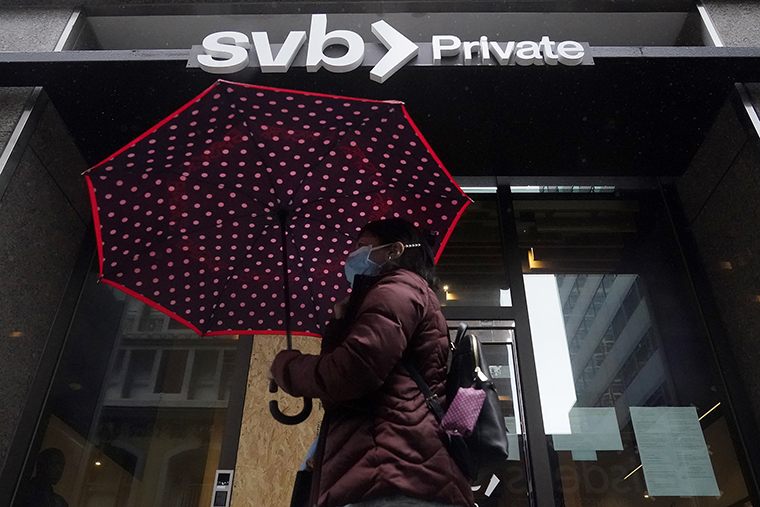 A pedestrian carries an umbrella while walking past a Silicon Valley Bank Private branch in San Francisco,, on March 14. (Jeff Chiu/AP)
A pedestrian carries an umbrella while walking past a Silicon Valley Bank Private branch in San Francisco,, on March 14. (Jeff Chiu/AP)“Bailout” became a curse word in American politics following the 2008 global financial crisis, fueling backlash among people who felt the risks and potential consequences of capitalism didn’t apply to big corporations or the wealthy.
Now the recent failure of two major banks, Silicon Valley Bank and Signature Bank — and federal intervention to backstop the banks’ uninsured depositors — have pushed the B-word back to the center of the nation’s political and economic debates.
While the back-and-forth about whether this intervention was a bailout can be chalked up to semantics, it raises key questions about the structure of the financial system and who the government protects during moments of crisis — and who it leaves out.
Bridgewater founder Ray Dalio warns SVB is a 'canary in the coal mine'
From CNN's Nicole Goodkind
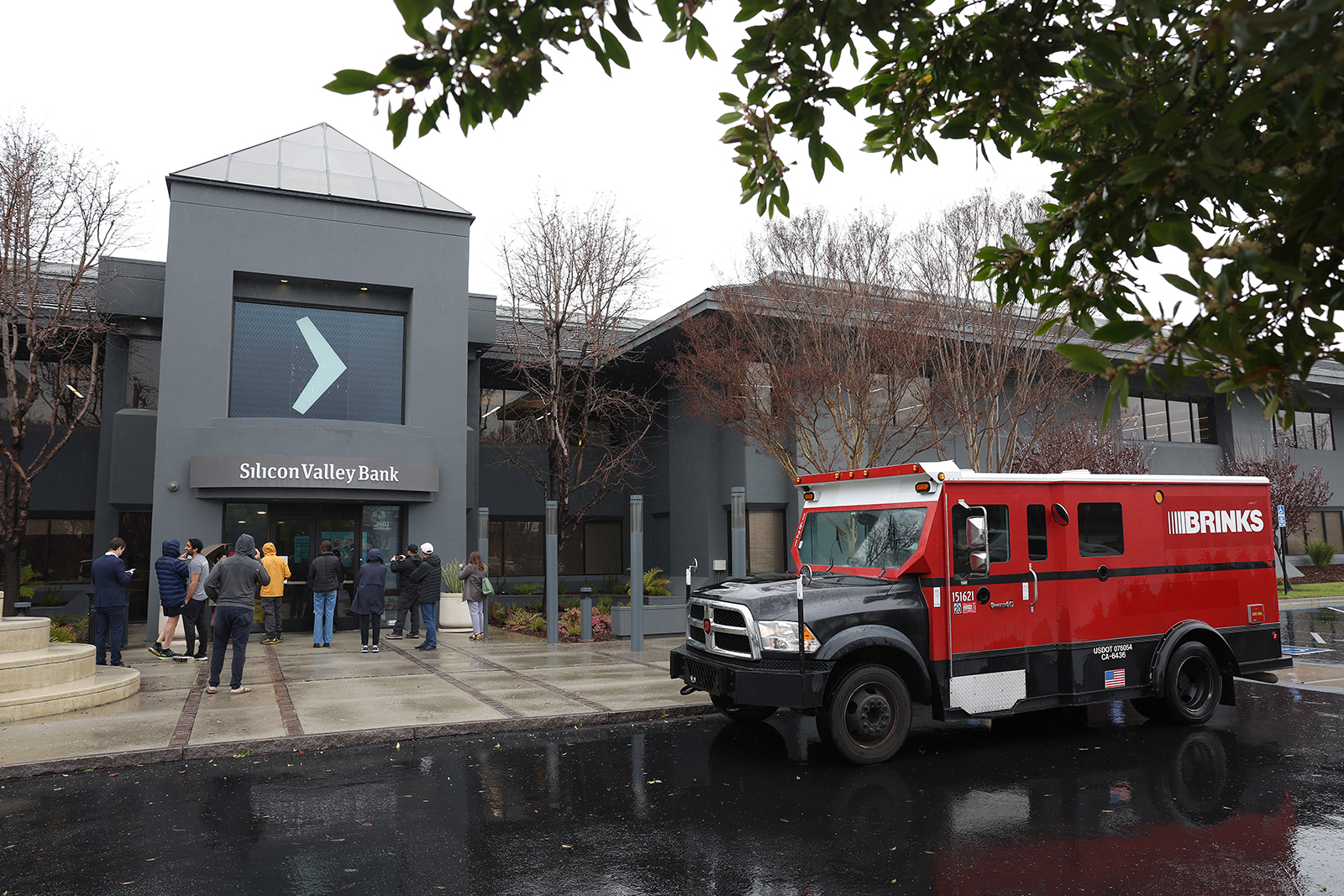 A Brinks armored truck sits parked in front of the shuttered Silicon Valley Bank headquarters on March 10 in Santa Clara, California. (Justin Sullivan/Getty Images)
A Brinks armored truck sits parked in front of the shuttered Silicon Valley Bank headquarters on March 10 in Santa Clara, California. (Justin Sullivan/Getty Images)Bridgewater Associates founder Ray Dalio on Tuesday afternoon warned investors that there's more pain ahead for the global financial system.
Writing in his newsletter, Dalio said that the collapse of Silicon Valley Bank was a "canary in the coal mine" moment that will have knock-on effects "in the venture world and way beyond it."
By aggressively hiking interest rates, central banks have ushered in a new era for the global economy filled with fallout from contractions in the debt and credit industry, he added.
"I think that it is a very classic event in the very classic bubble-bursting part of the short-term debt cycle," wrote Dalio. "It is likely that this bank failure will be followed by many more problems before the contraction phase of the cycle runs its course," he said.
Dalio, who built one of the world's largest hedge funds and has a net worth of $16.2 billion, added that the 2024 election cycle and rising geopolitical tensions with Russia and China will create more economic risk in the coming years.
"In a nutshell, it looks to me like the next two years will be a very risky time," he said.
Dow falls by more than 600 points as banking fears spread
From CNN's Krystal Hur
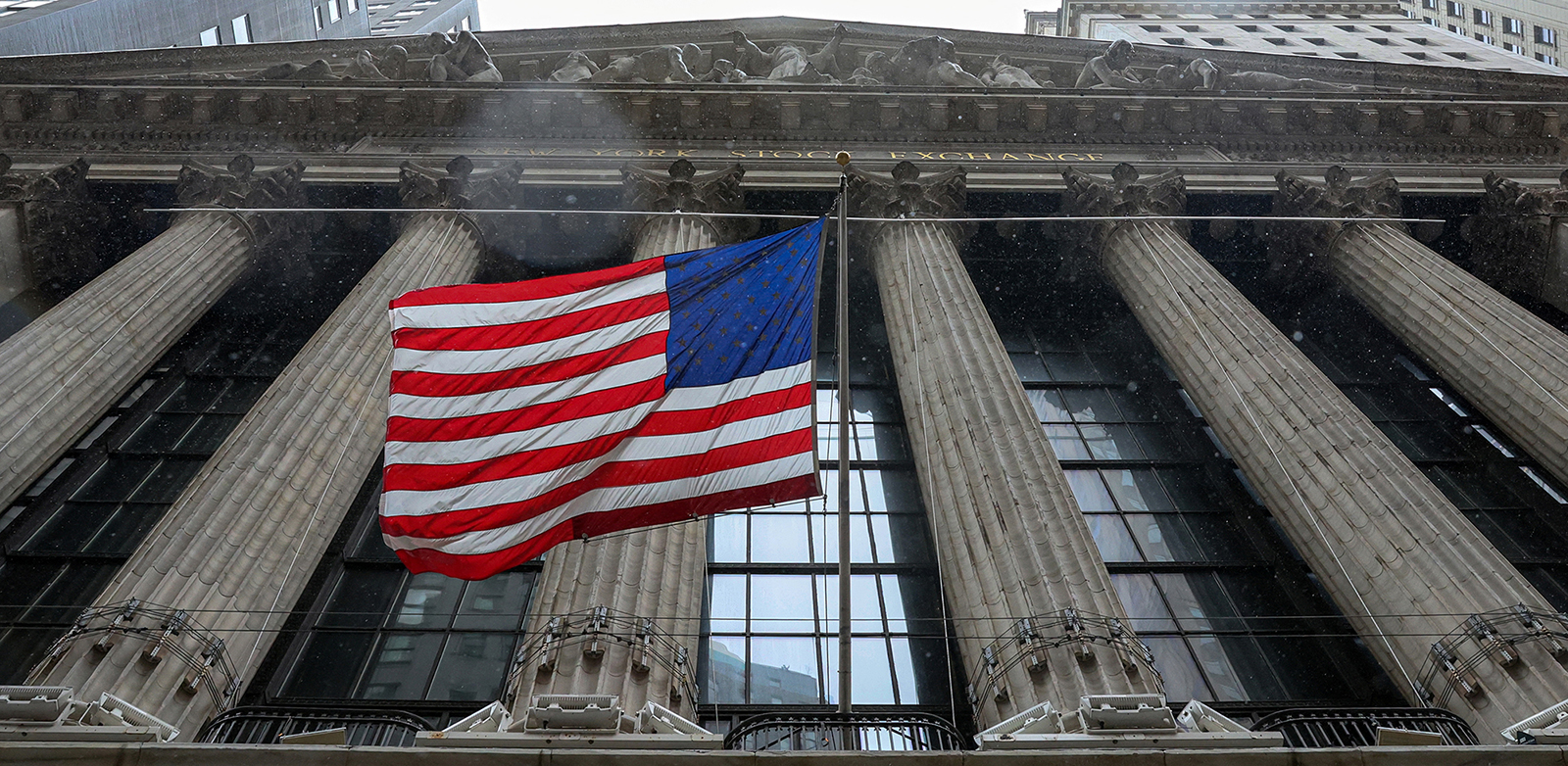 The U.S. flag flutters outside the New York Stock Exchange on March 13. (Brendan McDermid/Reuters)
The U.S. flag flutters outside the New York Stock Exchange on March 13. (Brendan McDermid/Reuters)The Dow opened the day with a decline of more than 600 points Wednesday as banking fears spread across global markets.
The S&P and Nasdaq slipped roughly 2% and 1.5%, respectively.
Shares of embattled Swiss lender Credit Suisse were down by more than 20% after its biggest shareholder chose not to increase funding. That comes after the bank cited "material weakness" in its financial reporting Tuesday and got rid of executive bonuses.
Shares of US banks also fell: Wells Fargo was down 4.9% and JPMorgan Chase stock dropped 3.6%.
Wall Street continues to grapple with banking tumult domestically, after the collapse of Silicon Valley Bank and Signature Bank rocked markets last week and early this week. While stocks recouped some of their losses on Tuesday, investors remain wary of the banking fallout and what it means for the Federal Reserve's interest rate-hiking campaign going forward and the overall stability of the financial sector.
CNN's Fear & Greed Index was at 22 Wednesday morning, indicating extreme fear in the market.
Markets also digested the latest economic data giving insight into the state of inflation. The Producer Price Index, a metric measuring prices paid for goods and services by businesses before they're sold to customers, fell to 4.6% for the 12 months ended in February.
At the same time, US retail sales fell 0.4% last month, showing that Americans cut back on spending in February after splurging the month before.
Both data points suggest that the Fed is making headway in its fight against inflation. The CME FedWatch Tool showed that traders see a 58.3% probability of a quarter-point rate hike at the central bank's meeting next week.
Are the problems facing Credit Suisse and SVB related?
From CNN's Allison Morrow
Just as the panic over the US banking system appeared to fade, a fresh burst of anxiety blew in from Europe.
Credit Suisse shares crashed more than 20% in Zurich, dragging down European bank stocks along with it. US stock futures fell Wednesday morning after rallying strongly on Tuesday.
What's the connection between Credit Suisse and SVB? They're facing unrelated problems that happened to take place at the same time, worrying investors about the banking sector.
"Credit Suisse has been a slowing-moving car crash for years," wrote Peter Boockvar, chief investment officer of Bleakley Financial Group. "But now today's news of course is happening in the vortex of SVB."
The "global bank psychology" is already fragile, Boockvar said. Investors around the world were thoroughly rattled by the collapse of Silicon Valley Bank and Signature, making the banking sector particularly vulnerable to any signs of trouble.
Did the SVB mess cause Credit Suisse shares to tank? No. But are European and US banks facing a similar macro environment of suddenly-higher interest rates following a decade or more of low (or even negative) rates? Yes.
Americans pulled back on their spending in February
From CNN's Alicia Wallace
 People dine in a restaurant in Alexandria, VA, on February 17. (Scott Suchman/The Washington Post via Getty Images)
People dine in a restaurant in Alexandria, VA, on February 17. (Scott Suchman/The Washington Post via Getty Images)Americans pulled back on their spending last month after a surprisingly spendy January.
US retail sales fell 0.4% in February from the month before, which was revised up to 3.3%, the Department of Commerce reported on Wednesday.
That decline, which was adjusted for seasonal swings, was greater than economists' expectations of a 0.3% decline, according to Refinitiv estimates.
Retail sales data is not adjusted for inflation.
Key inflation measure shows wholesale prices fell last month
From CNN's Lucy Bayly
A key measure of inflation fell dramatically in February, according to the latest Producer Price Index, which tracks what America's producers get paid for their goods and services.
Producer price increases slowed to an annual pace of 4.6% last month, significantly down from a revised 5.7% in January, the Labor Department reported Wednesday. February prices fell by 0.1% after rising 0.7% in January.
Economists surveyed by Refinitiv had been expecting the 12-month rise in wholesale prices to slow to a 5.4% increase.
Shares of European banks halted
From CNN's David Goldman
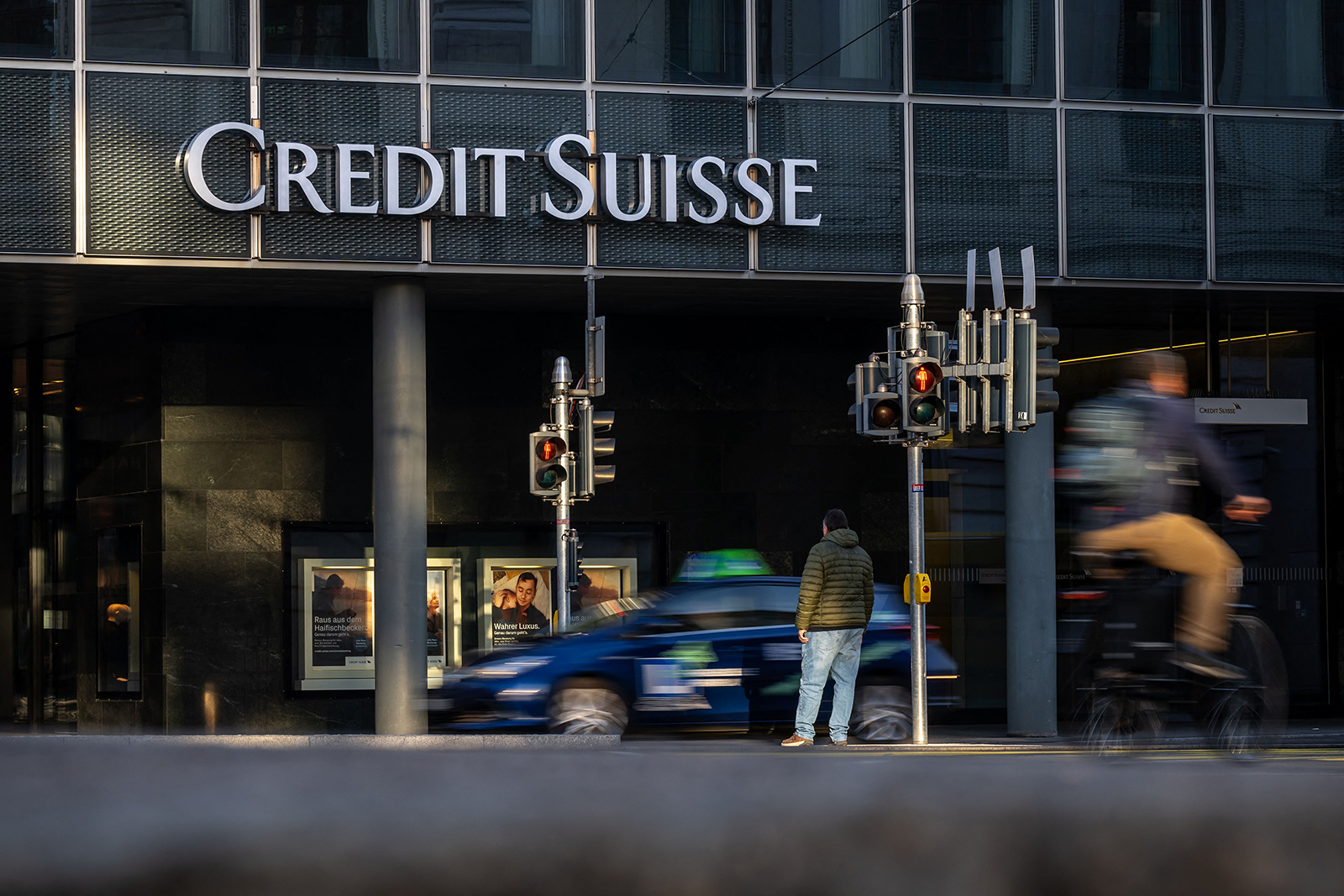 A Credit Suisse branch in Basel, Switzerland, on October 25, 2022. (Fabrice Coffrini/AFP/Getty Images)
A Credit Suisse branch in Basel, Switzerland, on October 25, 2022. (Fabrice Coffrini/AFP/Getty Images)Shares of several top European banks have been halted Wednesday as the fallout from Credit Suisse's crisis of confidence spilled out throughout the sector.
French and German banks such as BNP Paribas, Societe Generale, Commerzbank and Deutsche Bank were falling.
Several bank stocks were halted, triggering automatic circuit breakers designed to give investors a breather and prevent stocks from rapidly collapsing.
Among them:
-- Credit Suisse, which fell more than 20%
-- Monte dei Paschi, -6%
-- UniCredit, -7%
Larry Fink: It's too early to know how widespread the damage is
From CNN's David Goldman
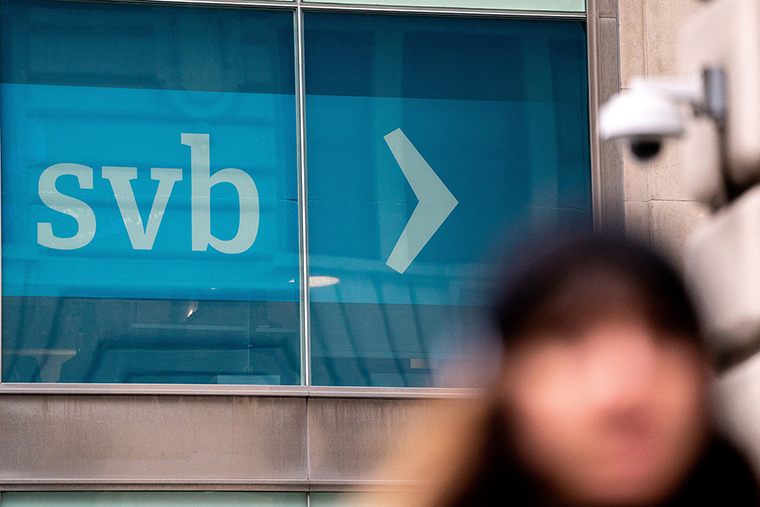 A view of the Park Avenue location of Silicon Valley Bank (SVB), in New York City on March 13. (David 'Dee' Delgado/Reuters)
A view of the Park Avenue location of Silicon Valley Bank (SVB), in New York City on March 13. (David 'Dee' Delgado/Reuters)In an annual letter to shareholders, BlackRock CEO Larry Fink said the fallout from Silicon Valley Bank's collapse may not be over.
"It’s too early to know how widespread the damage is," Fink wrote. "The regulatory response has so far been swift, and decisive actions have helped stave off contagion risks. But markets remain on edge. Will asset-liability mismatches be the second domino to fall?"
Fear has certainly spread. The punishment America's regional banks took in the wake of SVB's collapse appears to have ebbed. But in Europe, bank stocks were tumbling after Credit Suisse's biggest shareholder said it wouldn't invest any additional capital in the deeply troubled bank.
Fink noted the Federal Reserve's historic pace of rate hikes created a domino effect that ultimately led to SVB's collapse. In the past, similar rate-hiking situations have led to "spectacular financial flameouts," including the decade-long savings and loan crisis.
But Fink doesn't think the Fed is about to reverse course — he expects the central bank will keep rates high for quite some time, as leaders in the public and private sector trade efficiency and lower costs for supply chain resilience and national security.
That's one of the reasons, he writes, “that I believe inflation will persist and be more difficult for central bankers to tame. As a result, I believe inflation is more likely to stay closer to 3.5% or 4% in the next few years.”
Markets flash warning signs
From CNN's Mark Thompson
Credit Suisse's shares were trading down nearly 22% in Zurich on Wednesday, and the cost of buying insurance against the risk of a Credit Suisse default hit a new record high, according to S&P Global Market Intelligence.
The crash spilled over into other European banking shares, with French and German banks such as BNP Paribas, Societe Generale, Commerzbank and Deutsche Bank falling between 8% and 10%.
Customers withdrew billions from Credit Suisse last year, contributing to the bank’s biggest annual loss since the global financial crisis in 2008. And the blows keep coming for Switzerland’s second biggest bank.
On Tuesday, it acknowledged “material weakness” in its financial reporting and scrapped bonuses for top executives.
Speaking to Bloomberg TV on Tuesday, Credit Suisse CEO Ulrich Körner said the bank saw “material good inflows” of money on Monday, even as markets were spooked by the collapse of Silicon Valley Bank and Signature Bank in the United States.
Outflows from the bank had “significantly moderated” after customers withdrew 111 billion francs ($122 billion) in the three months to December, Körner added. In its annual report, the bank said outflows had not yet reversed by the end of last year.
Körner said the collapse of SVB was “somewhat of an isolated problem.” Credit Suisse follows “materially different and higher standards when it comes to capital funding, liquidity and so on,” he added.
.png)
 1 year ago
5
1 year ago
5
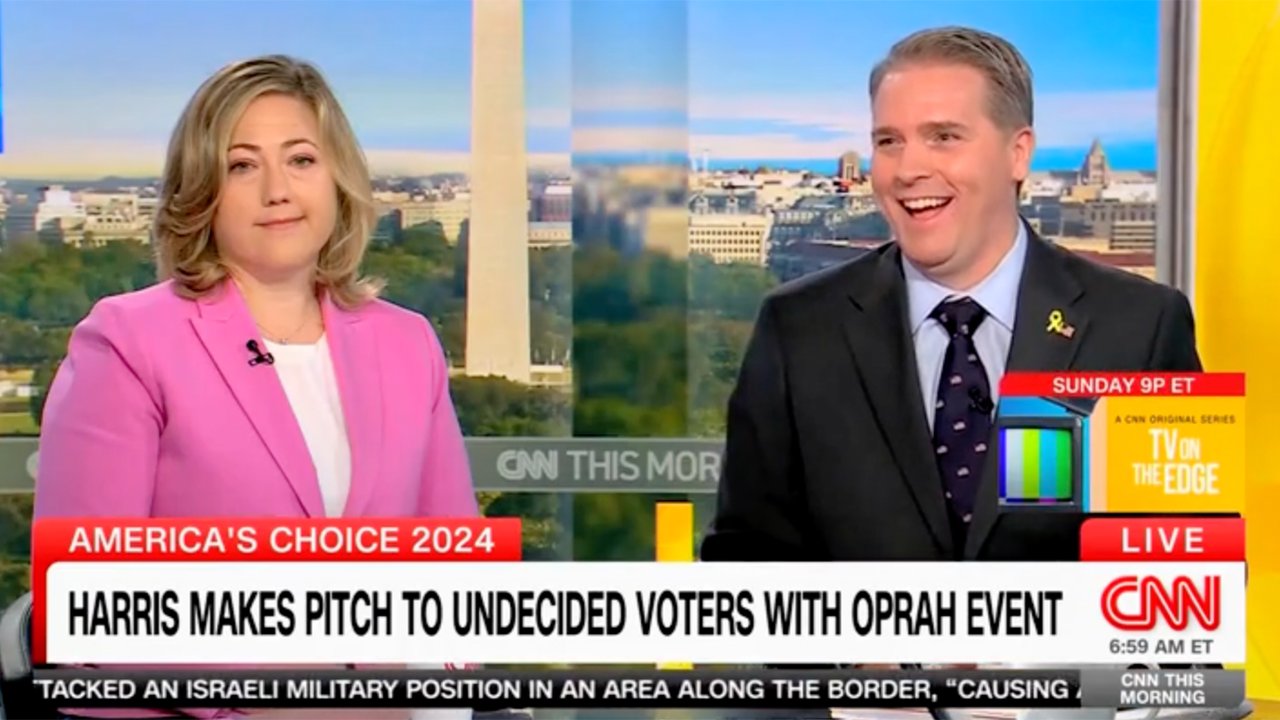








 English (US) ·
English (US) ·